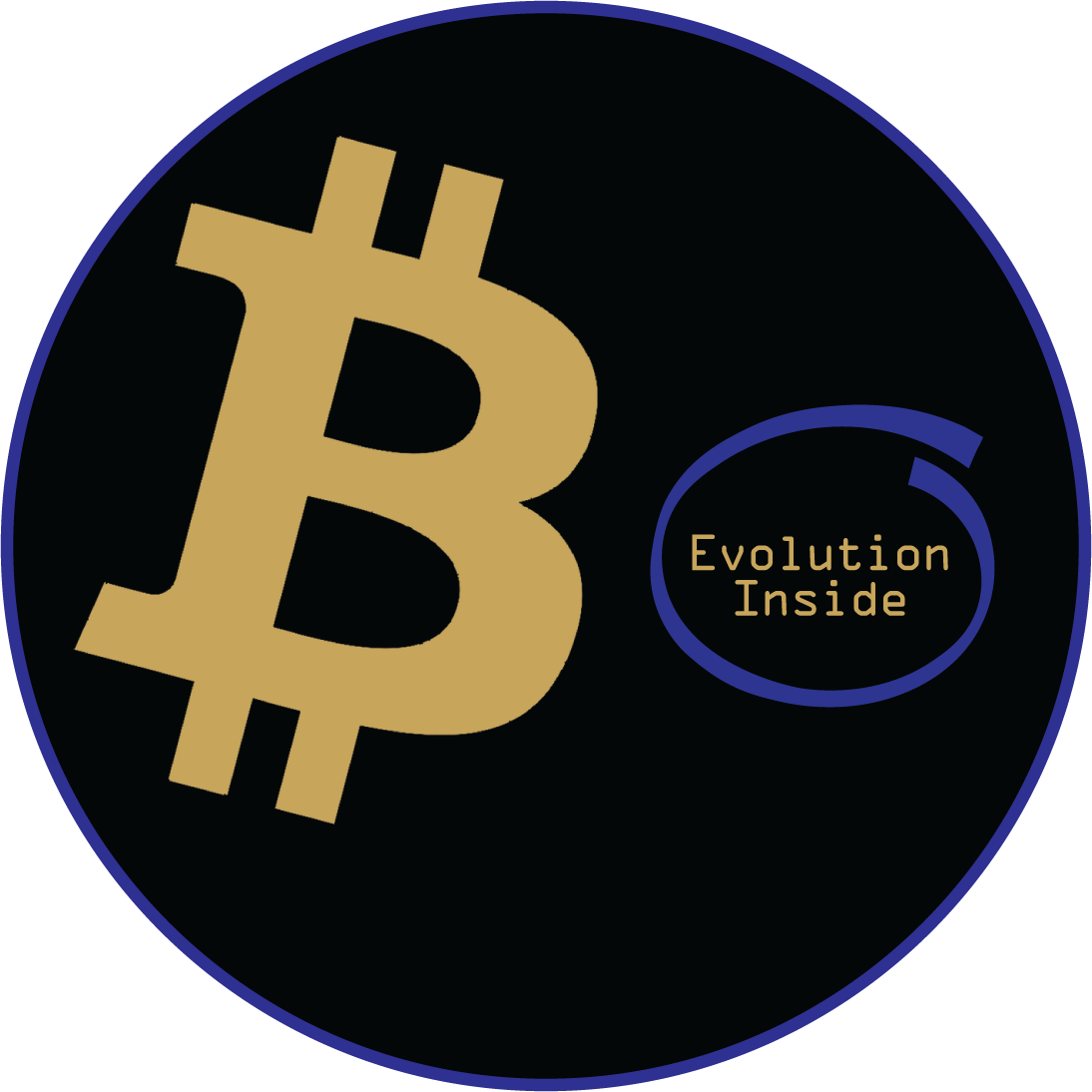 As systems, Bitcoin’s culture and the status quo are different to the point of being mutually exclusive. More than that, their difference not only affects humans in different ways, but forms humans in different ways.
As systems, Bitcoin’s culture and the status quo are different to the point of being mutually exclusive. More than that, their difference not only affects humans in different ways, but forms humans in different ways.
And so the difference between Bitcoin and the status quo is of tremendous importance.
Upon What Does It Survive?
Ultimately, what keeps both Bitcoin and the status quo in existence are the attention and actions of individual humans. Both Bitcoin and the status quo survive on human belief and human action. Here then is my central assertion:
Bitcoin thrives on human virtue.
The status quo thrives on human weakness.
Bitcoin has taken root in those with courage to stand apart from the crowd and to bear insults accordingly. To be a Bitcoin advocate has required intelligence, understanding, courage and suffering. It has required people to make expensive personal choices.
The status quo, much to the contrary, needs people to conform without question. This mere compliance is maintained with fear, intimidation and confusion. At one time a Lockean compact may have existed, but those days are long gone.
As a general proof, consider political campaigns: The argument made by the overwhelming majority of them is simple: Our opponent is horrible; you cannot allow him or her to get into office! So vote for me! What we see in this is fear keeping the system afloat.
Few people join themselves to the status quo in a clear-thinking way. Rather, they are brought in with conditioning and conformity pressures: “It’s what everyone else does,” and “the nail that sticks out gets hammered.”
The Environments That Matter
The environments in which human psyches are engaged are the environments in which they form. Future generations are forged in precisely this way.
Forged in the status quo means to be optimized for unquestioning obedience. It means to be trained in reverence for authority and against becoming a free-standing person. The status quo would not survive confident, strong and deeply inquiring minds; it requires minds that repeat slogans and turn away from alternatives.
Forged as a Bitcoiner means to think for yourself and to accept blows for it. Bitcoin requires people to clarify what they believe and muster the courage to stand upon it.
Someday, perhaps, Bitcoin will become the norm and its virtue-based culture will begin sliding the way of the present status quo. That time, however, is not yet. At present the existence of Bitcoin requires virtues; without them, it would vanish.
“What You Reward, You Get More Of”
There’s an old economic dictum that what you reward, you get more of. So, do we want more human virtue, or more human weakness? If the former, we should work for Bitcoin. If the latter, we should work for the status quo. These are more or less opposite paths; one bright, one dark.
Daily life isn’t quite that distinct, of course, but the fundamentals are biased this way all the same. Quibbling over details is too often a cover for cowardice.
And so we can build an environment in which human goodness can thrive, or we can service an environment where human goodness is suppressed. The choice is ours.
**
**
Paul Rosenberg
freemansperspective.com
